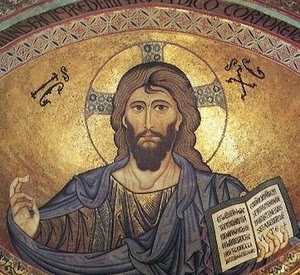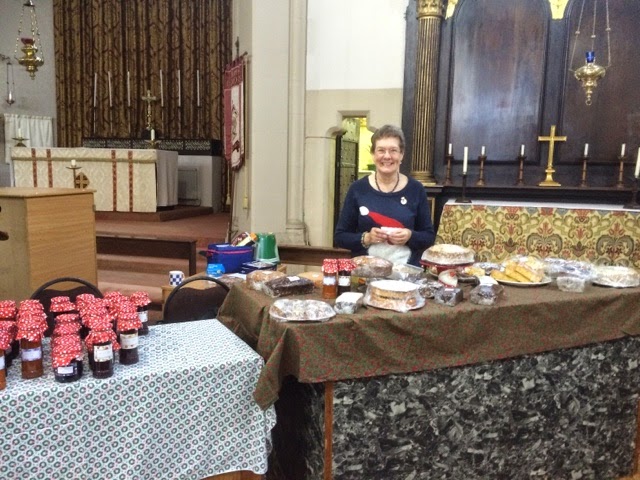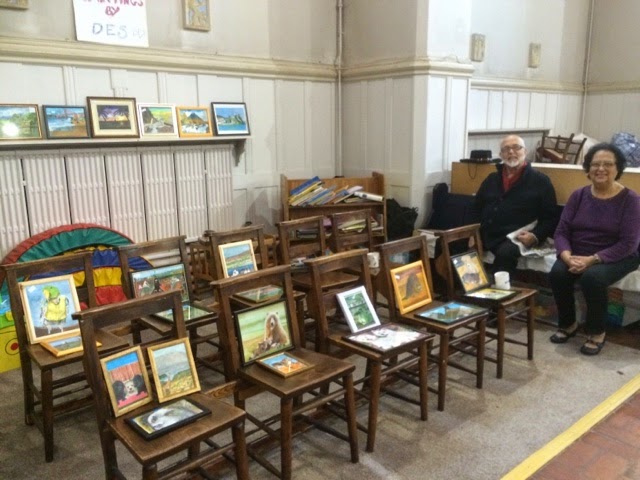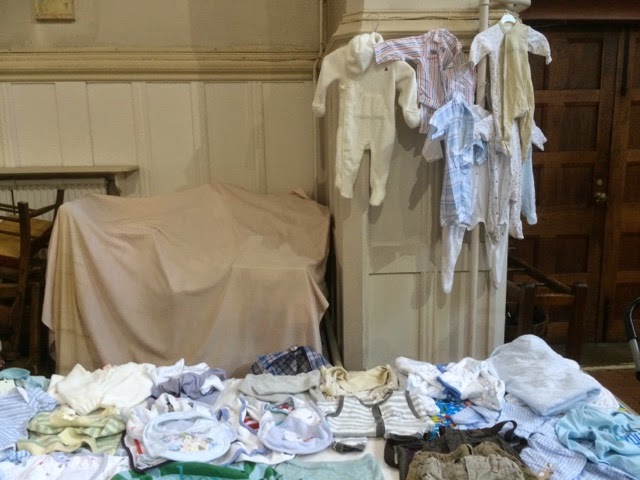 The bible is full of stories about Kings
and their kingdoms - there are two books
called the book of King’s. But a quick look at the drama’s of these kings is to
see a list of men with feet of clay and whose antics turn many away from
religion and feed on the myth that religion is the cause of war.
The bible is full of stories about Kings
and their kingdoms - there are two books
called the book of King’s. But a quick look at the drama’s of these kings is to
see a list of men with feet of clay and whose antics turn many away from
religion and feed on the myth that religion is the cause of war.
Although it is only on the cross that
Jesus is referred to as a King – and that was clearly indented to be an insult
by one Kingdom, Rome, to another the Jewish nation, the fact is that Jesus does
use the image of kings and Kingdoms on a number of occasions in his parables.
There are good kings – David
There are wise kings – Solomon
there are Bad kings – Ahab
and there is a Mad king – Nebuchadnezzar
But to day we remember a different kind
of king – Jesus
who had no standing armies to enforce
his will
who was not born in a palace but a
manger
who never rode a horse into battle – but
did ride a donkey in to Jerusalem
who was not the leader of a nation or
empire but a motley crew of 12 men, and some women who defied convention.
Of course I am a priest of a particular
generation who has never had to sing the anthem God Save the King and who has
only sworn oaths to a Queen, whose head has adorned the currency and stamps of
my lifetime
Looking at the experience of monarchy in the 21st century west is utterly unlike that which we would have encountered at
the time of Christ.
 Our monarchs are essentially powerless
figure-heads, whereas there was nothing nominal about royal power then, and the
character of the king was so integral to the ethos of the kingdom that it was
almost as if his DNA was written, into the fabric of his realm.
Our monarchs are essentially powerless
figure-heads, whereas there was nothing nominal about royal power then, and the
character of the king was so integral to the ethos of the kingdom that it was
almost as if his DNA was written, into the fabric of his realm.
His word was law – and a great deal more
besides, so that the everyday life of his subjects was affected, for good or
ill, by the royal priorities, the royal agenda. What the king says, goes.
So does the idea of celebrating Christ
the King have a place in our modern lives?
Is this the kind of King we celebrate
today?
is Christ the King some powerless figure
head or despotic leader of a corrupt ideology?
There is another version of King and
Kingdom that we find in the bible and in ancient Israel – shepherd and sheep. It
is an image that even God himself uses of himself. A very contrasting image to
that of the war lord and all powerful figure in charge of millions of human beings.
The prophet Ezekiel
underlines this as he proclaims God's promise to search for the wounded and the
straggler – as much as to judge between sheep of his charge.
However we must not make the mistake and think that
because we can think of God as a shepherd that he is only the gentle leader,
cuddly and woolly as the sheep he leads.
No the shepherd when searching for the lost or wayward
sheep will of course also be an agent of justice and judgment. Yes God like a
good Shepherd will love his sheep but sometimes there will be the need for
tough love, When called upon he will wrestle with those forces that seek to destroy
his flock even to the point of giving his own life. If we are to survive and if
we fail to listen to the voice of the one who loves us there will be judgment
as surely as there are consequences for our actions.
To look at Christ as king can be
perilous. There is a danger that this celebration of Christ as king will
distract us or lead us on another path that will never bring us near to the one
we seek.
Think of the Magi, eyes fixed on the
star, dazzled by its brightness into calling at the obvious place – the royal
palace of Herod – while the king they seek, like a subversive character from
pantomime, waits in the least likely shelter....
Think of the Palm Sunday crowds who seem
to speak prophetic truth as they shout “Hosanna to the Son of David” but whose
expectations of uprising and messianic triumph are disappointed by the events
of Good Friday.
Then think of the ways in which Jesus
chooses to explain the kingdom – a mustard seed, a hidden treasure, some leaven
mixed with dough – Power yes but not the sort we associate with Kings ands
Kingdoms
Christ the king is not a matter of
bright lights and Power and majesty after all....but of recognising the king
where he is always to be found – with those on the edge.
Suddenly the question of judgement and
choices comes close to home...as we realise that it is our judgements, our
choices, that will make all the difference.
And those judgements, those choices,
will be governed by our allegiance – to Christ the king or to other rulers,
other ways.
To love our King is to love what he has made...children,
men and women, happy, broken, hopeful or despairing...
To love our neighbours is to love the One in whose
image they and we, are made...and to recognise the divine image not on stamps
or coins but in their faces, wherever we encounter them.




















